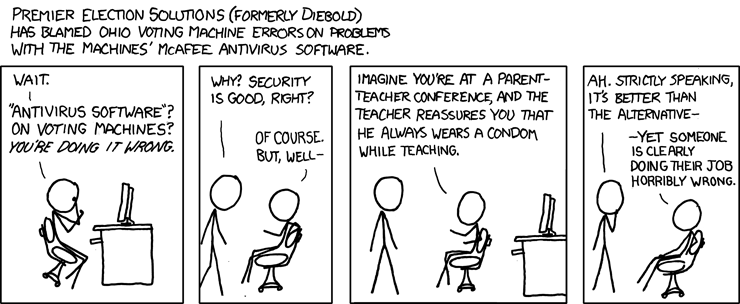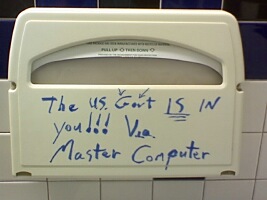I am pleased to post two new shows. The first, Show #79, is my interview with Prof. Mark Bauerlein of Emory University, author of The Dumbest Generation: How the Digital Age Stupefies Young Americans and Jeopardizes Our Future (Or, Don’t Trust Anyone Under 30). Mark takes a critical view of the impact of technology on youth. He cites a wide array of empirical data to support his core assertion that technology, and particularly the Internet, is not leading to a greater degree of knowledge or awareness among our youth. Mark’s book, with its highly-charged title, is among the best of the contributions on this side of the ledger, and I hope that you enjoy our interview.
I am also pleased to post Show #80, my interview with Jeff Howe, author of Crowdsourcing. Jeff’s book takes a journalist’s perspective on the growing ability of groups to innovate and create. Jeff collects a variety of examples to show ways that the crowd can create, both in terms of goods and services as well as movements generally. We had a wide ranging discussion, and I hope that you enjoy it!
Alas, there is one more show this quarter, and then Hearsay Culture is in hiatus until the beginning of January. Happy holidays!
Podcast: Play in new window | Download | Embed
Subscribe: RSS

